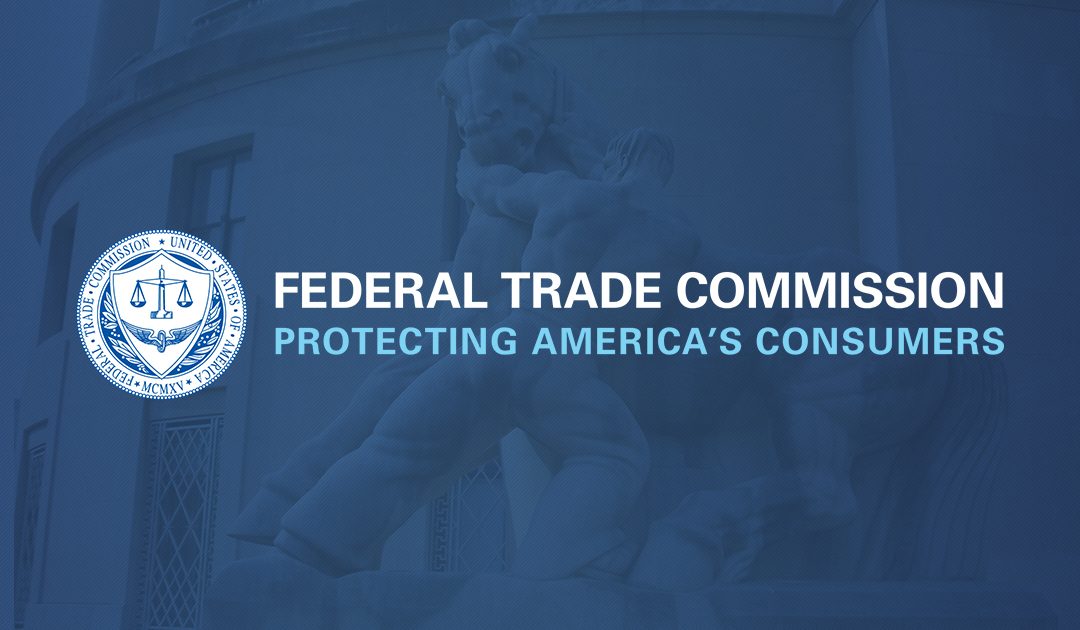This article was originally posted by the FTC. See the original article here.

Last year, the Centers for Disease Control and Prevention (CDC) issued a temporary order to stop evictions due to the COVID-19 pandemic. Since then, this federal eviction moratorium has been extended several times, and on August 3, the CDC extended it again for counties where COVID cases are rapidly spreading. But renters in counties where the order does not apply now face the possibility of eviction if they still owe back rent. And on top of that, scammers can take advantage of the panic caused by this situation.
How might they do that? Scammers reach out to renters facing eviction, promising rental assistance and pretending to be with the government. When they contact renters, they ask for bank account and other personal information, saying that they need this information so they can transfer emergency rental assistance money directly into these accounts. But instead of depositing much-needed funds, they use the information to withdraw the little that’s left.
If you’re a renter facing eviction, there are several sites and services available to you:
- Connect with state and local organizations that are distributing federal rental assistance in their communities by visiting the Consumer Financial Protection Bureau’s (CFPB’s) new Rental Assistance Finder.
- Check with your local court system for more details about the eviction process and your rights as a tenant. You may also qualify for free legal services through your local legal aid organization.
Remember, never give out financial or personal information to anyone who contacts you, even if they’re promising to help you. Federal aid for emergency rental assistance was distributed to states, territories, and other localities. If someone contacts you saying they’re from the federal government and they can help you with back rent, it’s a sign of a scam.
These government services aren’t just for tenants. If you’re a landlord facing a loss of rental income, the CFPB also has useful information on their Help for landlords page.
And if you spot a rental assistance scam or any other type of scam, tell your state attorney general’s office right away, and then report it to the FTC at ReportFraud.ftc.gov.
Brought to you by Dr. Ware, Microsoft Office 365 Silver Partner, Charleston SC.



Recent Comments